Where do we go from here?
Monday, April 30th from 10:00 am - 11:30 am PST / 1:00 pm - 2:30 pm EST
The final e-dialogue from the Biodiversity Conversations: How important are the common loon and polar bears to Canadians? series brought forward recommendations from the previous three to develop more concrete on-the-ground actions. Following this conversation, an action agenda sharing ideas from the 40 e-panelists and e-audiences memebers will be released in September 2018 for Canadian decision-makers in all sectors. Imagine if we design with biodiversity in mind, the possibilities that would open up.
Click here to read the conversation
Click here to view the recommendations from the previous conversations
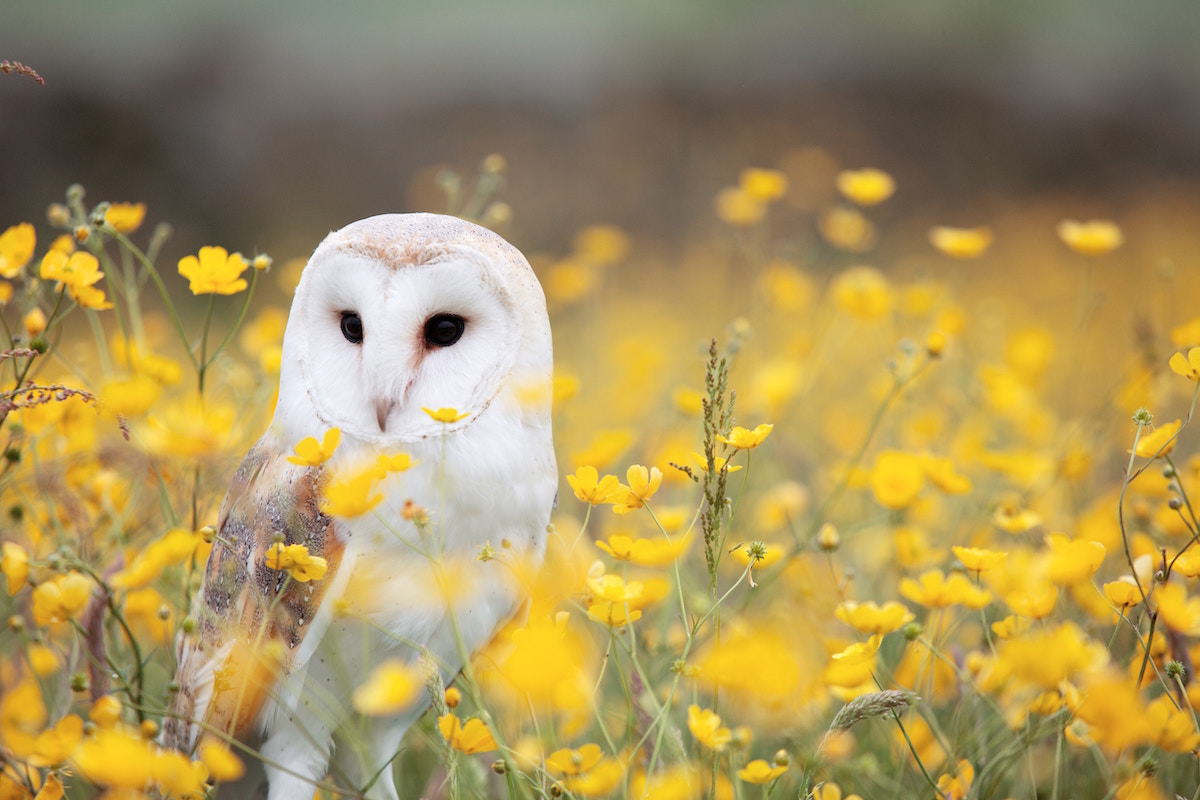
Interested in learning more about biodiversity? Visit our curated resource library.
Moderator
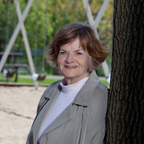 |
Professor Ann Dale, Moderator, held a Canada Research Chair in Sustainable Community Development (2004-2014) at Royal Roads University, School of Environment and Sustainability. A former Trudeau Fellow Alumna (2004), she is a Fellow of the World Academy of Arts and Science, chairs the Canadian Consortium for Sustainable Development Research (CCSDR), a Board Member of the World Fisheries Trust and the founder of the National Environmental Treasure (the NET). Current research interests include governance, social capital and agency, biodiversity conservation, place-based and virtual sustainable communities. She is a recipient of the 2001 Policy Research Initiative Award for Outstanding Contribution to Public Policy for her book, At the edge: sustainable development in the 21st century. Professor Dale is actively experimenting with research. |
 |
Dr. Dawn Bazely is a Professor in Biology at York University and was Director of York University’s Institute for Research and Innovation in Sustainability (2006-2011, 2012-2014). She is an ecologist, with degrees in Biogeography and Environmental Studies (1981) and Botany (1984) from the University of Toronto. Her doctorate in animal behaviour, from the University of Oxford (1988), was followed by research fellowships both here and at the University of Cambridge, before she joined York University in 1990. Dawn studies grassland and forest management, climate change impacts on ecosystems, invasive species and and science policy, and has published widely. She strives to inspire nature enthusiasts through her courses in ecology and sustainability, public outreach, and service. Dawn believes that scientists must be excellent communicators: she is active as a blogger and on Twitter. Dawn has won York University's Senior Faculty Teaching Award, and was the Globe and Mail's Hotshot (top) Professor of 2014 in its annual universities report. In 2011 Harvard University awarded her a Charles Bullard Fellowship, given to those most likely to make a significant impact in forest conservation and research. |
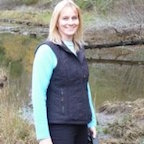 |
Dr. Holly Clermont is an experienced conservation biologist and nascent social scientist (MA, BSc, Dipl. Renewable Resource Mgmt) with interests in natural resource and health/safety science and practice. Based in Nanoose Bay, British Columbia, her mid-life foray into social science doctoral research was motivated by everyday challenges faced by natural science practitioners to slow and reverse trends of widespread biodiversity loss. Despite endless promotion of sustainabilty principles, 'upholding the public interest through science-based stewardship of ecological resources' (the biologist’s credo) is routinely part of a zero-sum game of environment versus economy. Holly's doctoral research, 'The Underbelly of Economy versus Environment Conflicts: Detangling Sources of Tension in Contentious Natural Resource Decisions' confronted this challenge, looking at two cases of potential energy development in coastal B.C. (oil pipeline expansion and run of river hydro generation). With this work, Holly hopes to help achieve more positive outcomes for sensitive ecosystems and for sustainable resource development. |
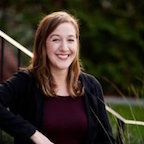 |
Chloe Dragon Smith is a young Metis woman from the small northern city of Yellowknife, Northwest Territories. Of Chipewyan and European heritage, she grew up close to her Indigenous cultural values and learned traditional skills for living on the land. This northern upbringing shaped her values today. Chloe is a trained canoe instructor, an open water scuba diver, an avid hiker, and a hockey player. She loves to travel and she seeks out Nature in every new place she visits. She leads by example. Chloe holds a degree in Earth Science from the University of Victoria. While educated in Science, she is keenly interested and has found her niche in working with people on the social/cultural benefits of the natural world. Currently, Chloe works with the Canadian Parks Council, co-chairing an intergenerational citizen working group called Connecting a New Generation with Nature. The working group has created a document called The Nature Playbook: Take action to connect a new generation of Canadians with Nature. |
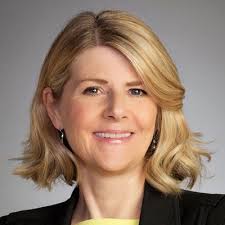 |
Susan R. Eaton is a geologist, geophysicist, journalist and polar snorkeler. Since 2010, Susan has participated in eight expeditions to Antarctica and the Arctic, studying climate change, ocean change and global sustainability issues. A former executive in several junior oil and gas companies, she currently consults to international energy companies and equity financiers. Susan began her broadcast career as an on-camera reporter with CBC-TV. Today, she reports on science and technology, renewable energy, the environment and ecotourism. A member of the Canadian Science Writers' Association, her articles and photographs have been published in American and Canadian magazines and newspapers. A valued member of Nature Canada since the early 1990s, Susan has also volunteered for more than 25 years in Canada’s conservation sector, protecting Canada’s wild spaces and the animals who call them home. She's a current Nature Canada Board Director and an active Women for Nature Caucus member. As the founder and leader of the all-female Sedna Epic Expedition—a multi-year project studying disappearing sea ice in the Arctic— Susan has led two polar snorkel and dive expeditions, exploring the offshore of Labrador, Greenland and Nunavut. Team Sedna’s sea women have delivered their hands-on, ocean outreach program in Inuit communities—using mobile aquariums populated with sea critters, underwater robots equipped with video-cameras, and snorkel safaris—with a special focus on empowering Inuit girls and young women, the future leaders of the North. |
 |
Elizabeth Kilvert has spent much of her life as an educator. She comes from a background immersed in natural history museums, aquariums, overseas development projects, and entrepreneurship. Her focus has been in the areas of international development, community sustainability, food security, agricultural cooperatives, marine biology, citizen science, environmental education, and biodiversity. Elizabeth has worked on four continents and in numerous countries; her roles have included community development officer, director of education and community outreach, researcher, scuba diver, organic farm certification officer, microbiologist, public analyst, science outreach advisor, volunteer coordinator, citizen science coordinator, entrepreneur, business owner, and sole proprietor. The culmination of her passion for the environment, food, and travel; has directed her education, life experience, and work history. Her core values of sustainability and her work ethic has resulted in her bursting the federal bubble of her civil service career and the launch of her first business: The Unrefined Olive. Elizabeth believes in taking a local approach, integrating partnerships, developing networks, and co-promoting as much as possible. The result of these efforts is a business with a strong approach to locality and integrating a diverse portfolio of partners. |
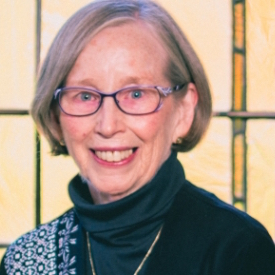 |
Dr. Leslie King is program head of the Master of Arts and Master of Science in Environmental Practice programs and the Bachelor of Arts and Bachelor of Science in Environmental Practice programs at Royal Roads University. She directs the Canadian Centre for Environmental Education in partnership with ECO Canada. Her research in Africa and the Arctic spans the topics of protected areas, poverty reduction, sustainable healthy communities, arctic sustainability indicators, aboriginal resource management, traditional ecological knowledge, and environmental governance. She has served on the Boards of many environmental, and community organizations as well as previously serving as Vice President, Academic at Vancouver Island University, Founding Dean of the Clayton H. Riddell Faculty of Environment, Earth and Resources at the University of Manitoba and the Founding Chair of the Environmental Program at the University of Northern British Columbia. We commend Dr. King for her decades of teaching, training and mentoring scientists so they too can make positive contributions to protecting our natural world, as she has done over her illustrious career. |
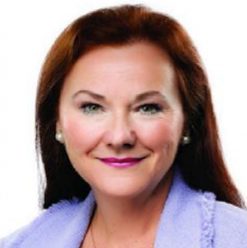 |
Pat Koval recently retired from Torys LLP, a major Canadian law firm, where she practised in corporate and securities law, mergers and acquisitions, governance, and the developing area of climate change. For more than 15 years, Pat was also an Adjunct Professor at University of Toronto, and she currently serves on its Environmental Finance Advisory Committee, helping to design programs to promote environmental thought leadership. She is a contributing author to “The Law of Climate Change in Canada”. Pat has a long history of volunteering in conservation, and, among other things, she chaired the Board of World Wildlife Fund Canada, currently chairs the Board of the Living City Foundation, serves on the boards of a number of Canadian and US organizations, including Rainforest Trust, Turtle Survival Alliance and Lewa Wildlife Conservancy Canada, and serves on the Advisory Council of Wildlife Conservation Society. Pat is also a member of the Ontario Executive of the Institute of Corporate Directors, and is involved in developing programs for directors in both the business and non-profit sectors. Pat graduated from the joint MBA/J.D. program at Schulich School of Business and Osgoode Hall Law School. |
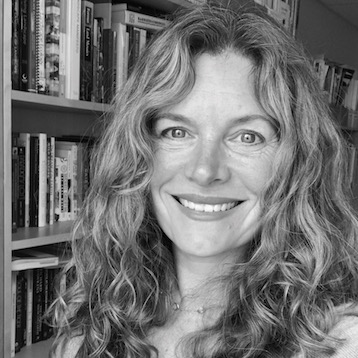 |
Nina-Marie Lister is Graduate Program Director and Associate Professor in the School of Urban + Regional Planning at Ryerson University in Toronto. From 2010-2014, she was Visiting Associate Professor of Landscape Architecture + Urban Planning at Harvard University, Graduate School of Design. A Registered Professional Planner (MCIP, RPP) trained in ecology, environmental science and landscape planning, she is the founding principal of PLANDFORM, a creative studio practice working at the nexus of landscape, ecology, and urbanism. Prof. Lister’s research, teaching and practice centre on the confluence of landscape infrastructure and ecological processes within contemporary metropolitan regions, with a particular focus on resilience and adaptive systems design. At Ryerson University, Lister founded and directs the Ecological Design Lab, a collaborative innovation incubator for ecological design research and practice. She is a member of the Ryerson Urban Water Centre where she contributes work on flood-friendly design through green and blue infrastructure for resilience. Her current research is funded by a SSHRC Partnership Development Grant and a Graham Foundation publication grant. She is co-editor of Projective Ecologies (with Chris Reed, Harvard and ACTAR Press, 2014) and The Ecosystem Approach: Complexity, Uncertainty, and Managing for Sustainability (with David Waltner-Toews and the late James Kay, Columbia University Press, 2008), and author of more than 40 professional practice and scholarly publications. |
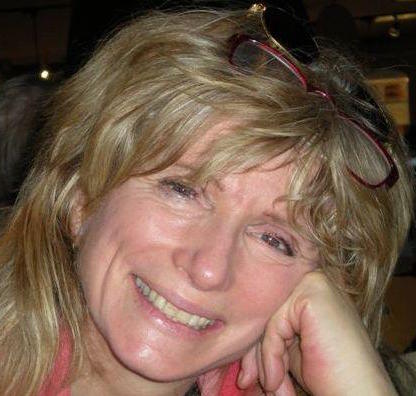 |
Susan Tanner has been a stalwart for social justice and equality rights in Canada throughout her entire career. She has been committed to building a better and more sustainable society; through her work as founding chairperson of the Women's Legal Education and Action Fund (LEAF), her past leadership at Friends of the Earth (receiving a UN Environmental prize for its work on ozone depletion), her involvement with the Canadian Environmental Law Association and most recently, as the former Executive Director of the Canadian Environmental Network. In 2009, Susan was honored as a United Nations Association of Canada "Championne" for her work on human rights and the environment. Susan continues to be actively involved with organizations such as MATCH International, Canadian Association for the Club of Rome and Learning for a Sustainable Future (LSF). We are honoured to count Susan among our founding members of Women for Nature.
|


